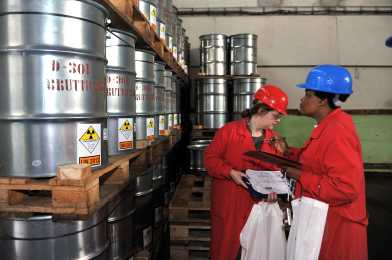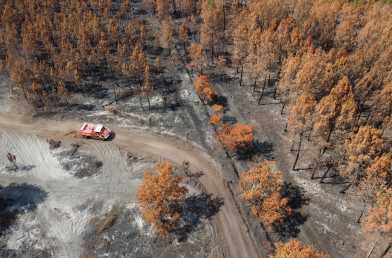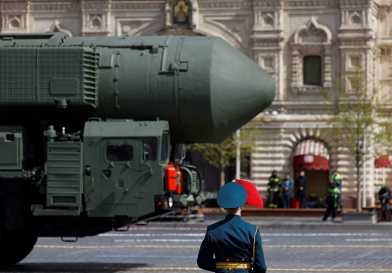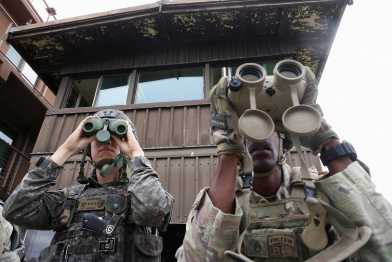10
Beyond Nuclear Deterrence

Academics have generally accepted nuclear deterrence as an eternal fact of life, but Russian President Putin's nuclear threats during the war in Ukraine have illuminated the necessity of new research programs into novel thinking beyond nuclear deterrence. In the editorial for the current issue of Science, CSS’ Stephen Herzog argues that a new wave of social and natural scientific research is urgently needed to understand conditions for making global nuclear disarmament desirable and feasible.
Adapting Civil Protection to a Changing Climate

The increasing frequency and scale of climate-exacerbated hazards require civil protection systems to adapt. Mitigation measures initiated following recent disasters in neighboring countries provide valuable lessons for Switzerland, argue Christine Eriksen, Andrin Hauri, David Nicolai Kollmann in this CSS Policy Perspective.
Russia as a Nuclear Power

Against the backdrop of its invasion of Ukraine, Russia continues to modernize its nuclear forces. Nuclear weapons remain a central part of Moscow’s strategic arsenal, including as tools of coercion. While arms control initiatives are critical to mitigate the dangers associated with nuclear weapons, a credible nuclear deterrent on the part of NATO remains a prerequisite for their success, argues Oliver Thränert in this CSS Analysis.
Seoul’s Bolstered Defense Ambitions

Seoul is heavily investing in its defense capabilities. While the current government emphasizes that the US-South Korea alliance is central for the country’s security, the long-term strategic challenge will be to balance carefully relations with the US, but also with China and other regional actors in an increasingly volatile security environment. Hence, the importance of global partnerships is growing, argue Linda Maduz and Névine Schepers in this CSS Analysis.